A debate dedicated to the 164th anniversary of the Union of the Romanian Principalities took place on Tuesday evening, at Cercle Royal Gaulois in Brussels, bringing together Romanians from the country and in the diaspora.
During the event, organized by the Romania 2030 Project Association, speeches were delivered by NATO Deputy Secretary General Mircea Geoana and the president of the Federation of European Academies of Medicine (FEAM), Stefan Constantinescu. Aurica Ichim, director of the Regina Maria Municipal Museum in Iasi, and Florian Bichir, journalist at Evenimentul Istoric (the Historic Event) joined the discussion.
The head of the Permanent Representation of Romania to the European Union, Iulia Matei, the Ambassador of Romania in the Kingdom of Belgium, Andreea Pastarnac, Romanian MEPs, former Romanian ambassador to the EU Mihnea Motoc, former Romanian ambassador to NATO Sorin Ducaru, Romanians who work in Belgium in European institutions or private companies were also present.
In his intervention, NATO Deputy Secretary General Mircea Geoana mentioned the context and significance of the moment 164 years ago that marked the history of Romanians.
''Today we remember the Union Day of 1859. The two Romanian Principalities, Moldova and Wallachia joined their destinies together, in an act of common will, an element that was the basis of the snowball that led to the creation of Greater Romania on December 1, 1918," he said.
The former foreign affairs minister wanted to note that Alexandru Ioan Cuza was not the one who only united, but also the one who transformed the country.
"He was the architect of the first great historical leap, organizing or reorganizing education, health protection, the army and the internal order, the agrarian economy, the fiscal system, transport, culture, justice. He left us the expression 'Cuza's Oka' or the memory of the perennial need to fight for equal rules for all and against the cancer that corruption represents for the prosperity and moral health of each nation," further said Mircea Geoana.
He insisted on the importance of our country's current membership to European and Euro -Atlantic structures.
"Today Romania is a national state, sovereign and independent, unitary and indivisible, recognized and increasingly respected by everyone. It is a member of the most desired and envied union of states and is part of the largest and most powerful military alliance of the planet. Romania is a big and resourceful country and, even if its path to prosperity is still long and difficult, sometimes frustratingly difficult, Romania is still on this path with our partners and allies in the civilized democratic world," said the NATO representative.
Another idea that Mircea Geoana wanted to highlight in his speech is the need to find solutions to prevent the alienation and uprooting of Romanians.
"Not all Romanians live in Romania, some live in the territories that the wars and peace have cut out of the country's body. Historical Romanian minorities have been living in Serbia or Ukraine today and have carried for decades the burden of a heavy unhappiness. The Republic of Moldova is a country full of Romanians. History has completely moved it from its track, sometimes forged its birth and identity certificate. Today it is an independent state, which can decide on its own fate. We are all determined to help the Republic of Moldova in its European destiny, even if some try to perpetuate the Soviet lie that Romanians and Moldovans would not be a single part of the same nation. (...) In order to unite again in thought and feeling, we must give up the enmity between us, the envy, and unite in condemning and fighting against those who continue to dig ditches, and not build bridges between those at home and those on the outside," added Geoana.
The 'Little Union' of 1859 represented an important stage in the formation of the Romanian unitary national state. For the first time in history, concepts such as unity, freedom, fraternity and modernity have taken shape, and the goal of the Romanians - 'The Unification of Moldova and Wallachia in a single Romanian independent state' - as mentioned in the programme 'Our principles for Reforming the Homeland', of May 24, 1848, was possible.
According to its website (www.ro2030.ro), the Romania 2030 project is a meeting place of those who believe in a policy of hope, decency, integrity and equity, an accelerator of ideas and solutions, as well as a movement for generating a Historical Leap of Romania. By putting innovation in the center of transformation policies, the Romania 2030 project aims to contribute to a new economic, social, democratic and sustainable contract for Romania.AGERPRES

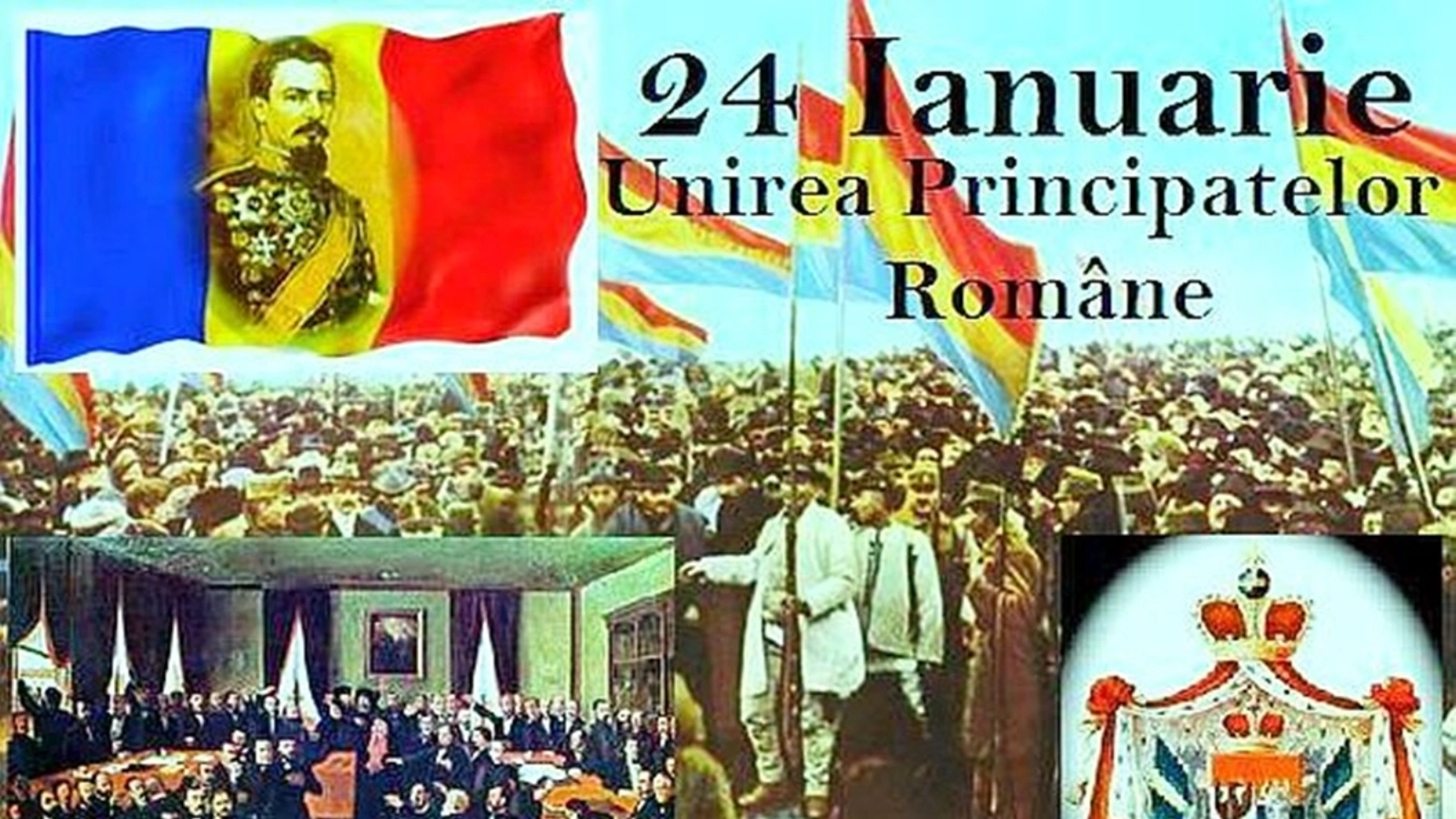



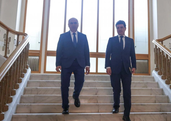
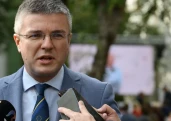
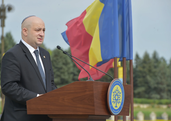
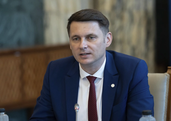
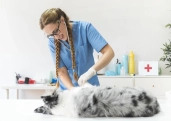
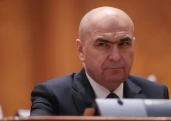
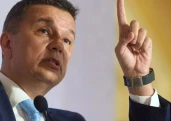



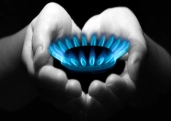

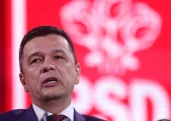


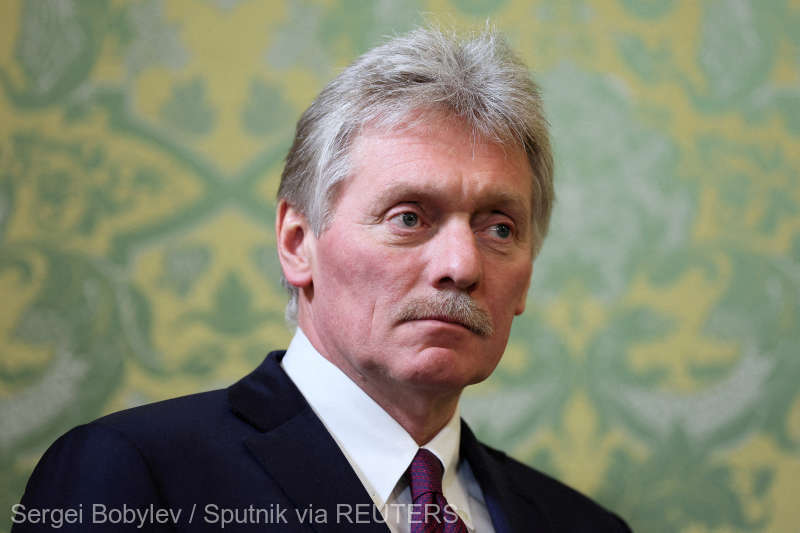
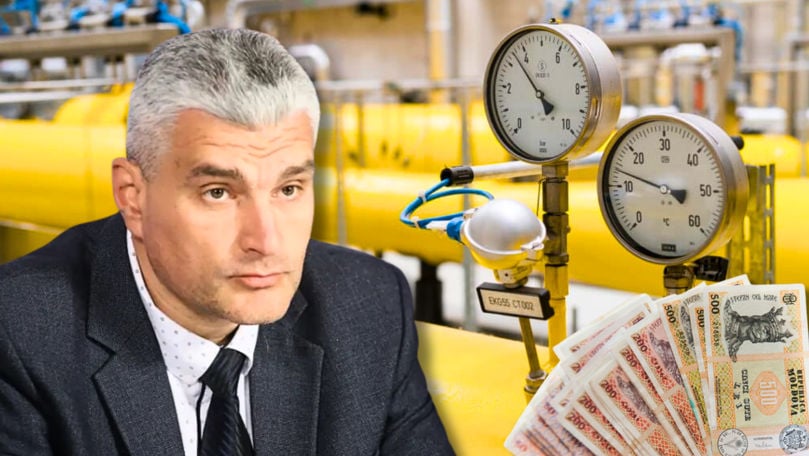
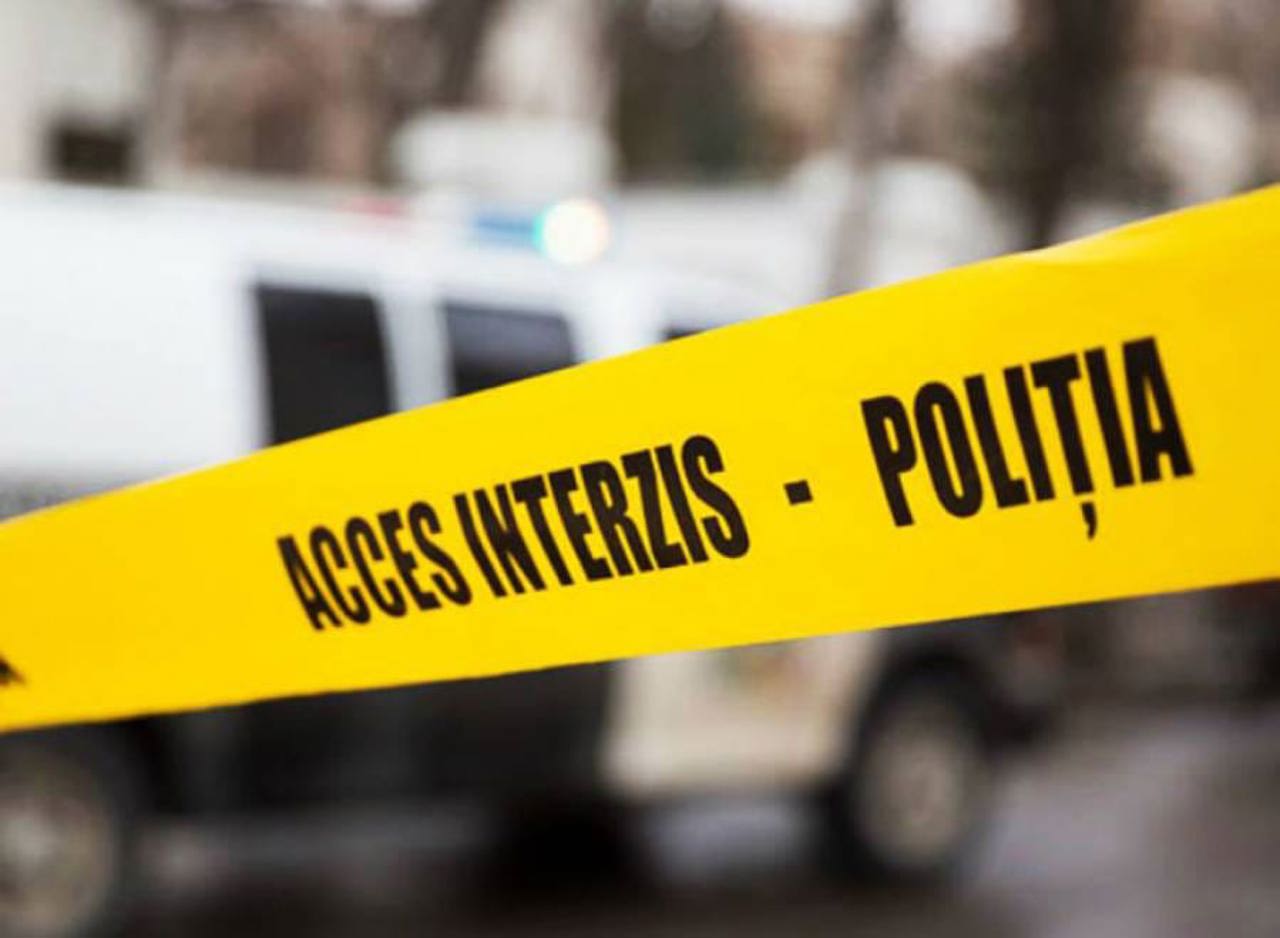









Comentează